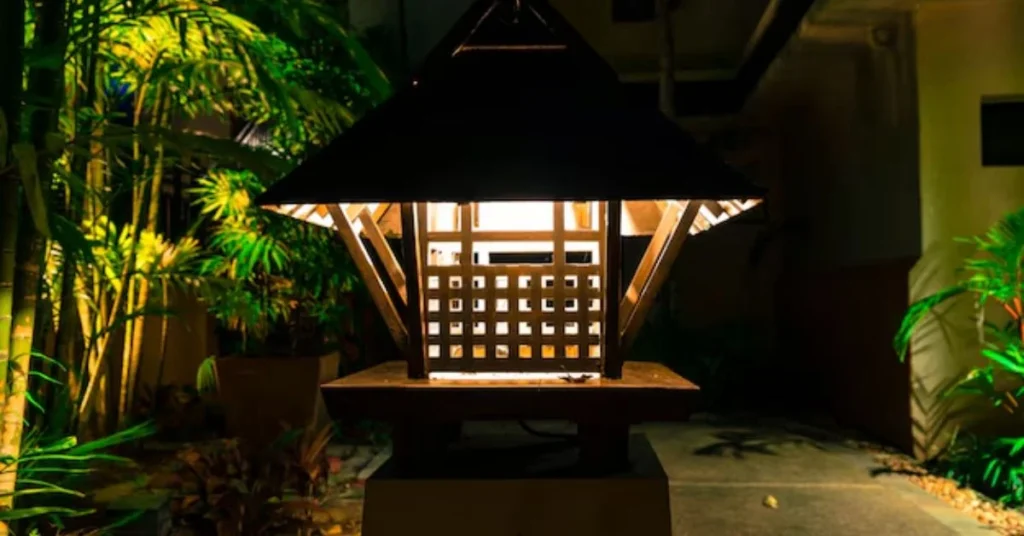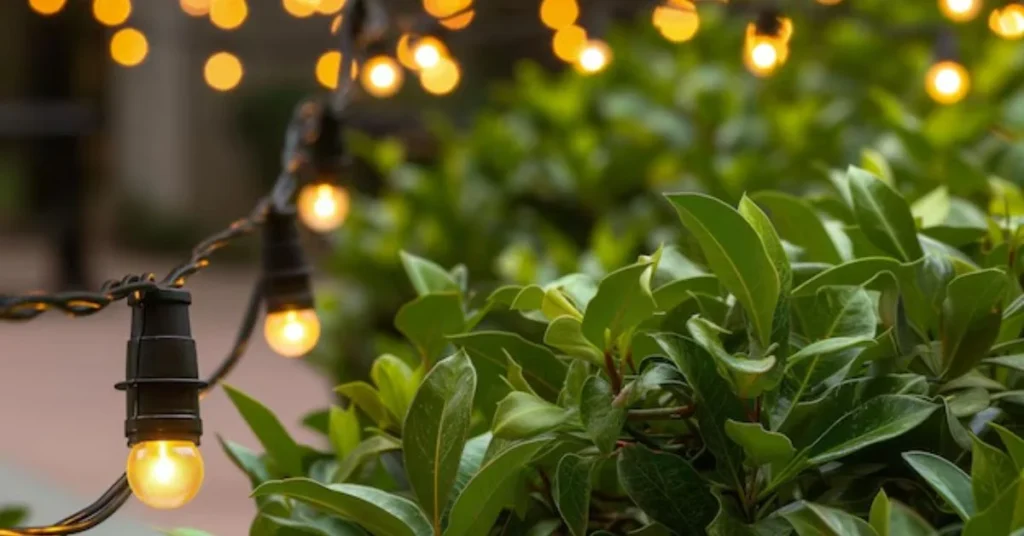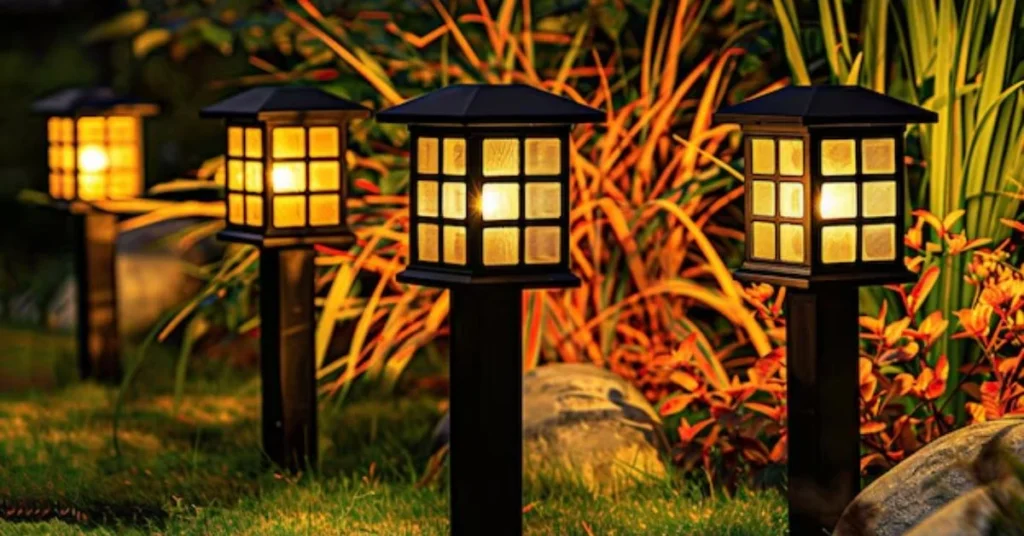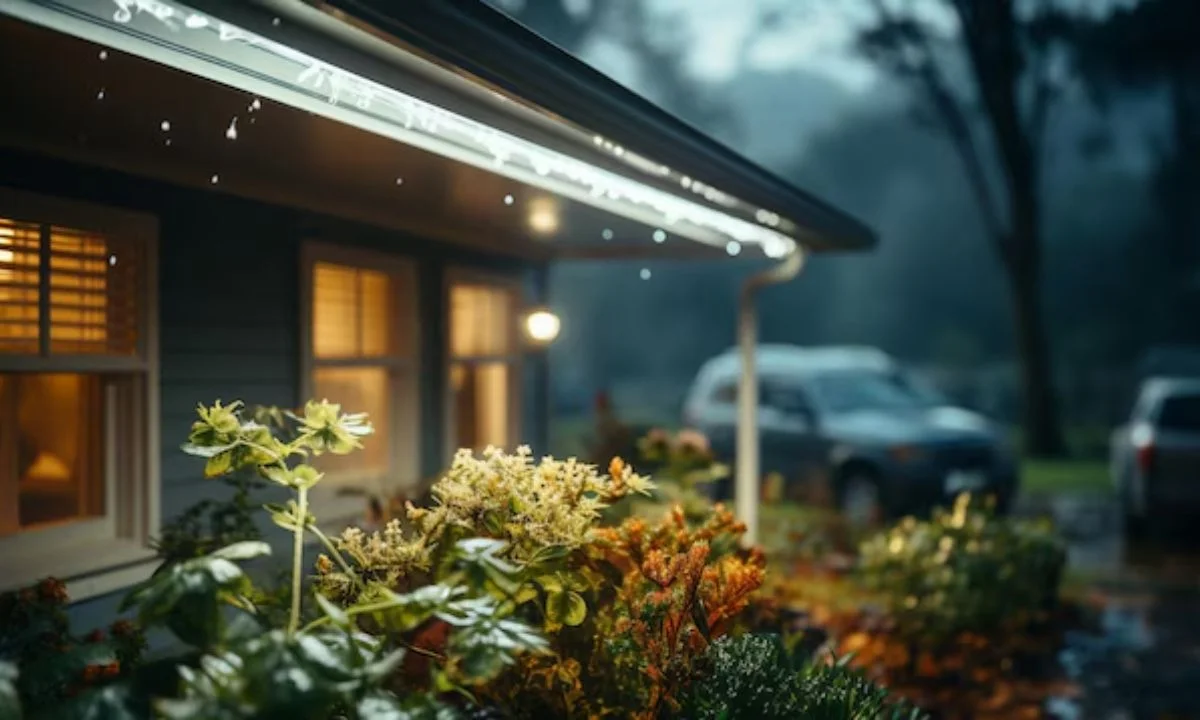Solar garden lights are a popular and eco-friendly way to brighten up your outdoor space, but many people find that they stop working after a short time. This can be frustrating, especially since these lights are supposed to use renewable energy from the sun. So, why do solar garden lights not last long? There are several reasons why this happens, from weather conditions to battery problems. In this article, we’ll explore these issues, explain how to fix them, and offer tips to make your solar lights last much longer.
How and Why Do Solar Garden Lights Not Last Long and Why They May Fail
To understand why solar garden lights often have a short lifespan, it’s important to know how they work. These lights collect sunlight during the day through small solar panels and store that energy in rechargeable batteries. When night falls, the stored energy powers the light. While this sounds simple, several factors can cause solar lights to fail or not work as expected.
Poor Quality Batteries Cause Solar Lights to Die Quickly
One of the most common reasons solar garden lights don’t last long is the type of battery they use. Most solar lights come with inexpensive, low-quality batteries that wear out quickly. Over time, these batteries lose their ability to hold a charge. When the battery can’t store enough energy, the light won’t work properly, leading to dimming or complete failure after only a few hours of use.
Must read Discover the Hidden Gem: Garden of Eden Livermore
Exposure to Harsh Weather Conditions Wears Solar Lights Down
Solar garden lights are exposed to all kinds of weather, from rain to extreme heat. This constant exposure can affect their performance. Rainwater can damage the internal components, while UV rays from the sun can cause the plastic casing to crack or fade. If you live in a region with harsh winters, freezing temperatures can also reduce the battery’s efficiency, making it harder for the lights to function during colder months.
Lack of Sunlight Can Shorten the Lifespan of Solar Lights
Since solar garden lights rely entirely on sunlight, their efficiency drops if they don’t receive enough exposure to the sun. Placing the lights in shaded areas or under trees can limit their ability to gather and store energy, causing them to run out of power sooner than expected. Additionally, during winter, the shorter daylight hours and cloud cover can reduce the amount of energy collected, which can cause the lights to dim quickly or not work at all.

Dirty Solar Panels Reduce Energy Absorption
A solar panel that is dirty or covered in debris will struggle to absorb sunlight efficiently. Dust, dirt, and even bird droppings can block the light from reaching the panel, leading to reduced energy storage. Over time, if the solar panels aren’t cleaned regularly, the lights may stop functioning entirely.
How to Make Your Solar Garden Lights Last Longer
Why Do Solar Garden Lights Not Last Long so Now that you know why solar garden lights don’t last long, let’s look at some practical solutions. By following these steps, you can significantly improve the lifespan of your solar lights and enjoy a brighter, more reliable garden.
Replace Low-Quality Batteries with High-Performance Ones
If you find that your solar lights are dimming or dying out too soon, the first step is to replace the batteries. High-quality rechargeable batteries like NiMH (Nickel-Metal Hydride) or lithium-ion batteries offer better performance and last longer than the typical NiCd (Nickel-Cadmium) batteries that come with most solar lights. Replacing the batteries every one to two years can help maintain the brightness of your lights.
Protect Solar Lights from Extreme Weather Conditions
While solar garden lights are designed to withstand outdoor conditions, it’s a good idea to protect them from the harshest elements. Consider placing your lights under covered areas, like patios or gazebos, during heavy rain or snow. If you live in a region with extremely hot summers, shade the lights during the hottest part of the day to prevent heat damage.
Ensure Solar Panels Get Maximum Sunlight Exposure
Make sure your solar lights are installed in areas with maximum sunlight exposure. Avoid placing them near large trees or buildings that can cast shadows over the panels. Adjust the positioning of the lights to face the sun directly throughout the day. In winter, consider relocating the lights to a sunnier spot to capture as much energy as possible during the shorter days.

Clean Solar Panels Regularly
Cleaning the solar panels regularly will improve their ability to absorb sunlight. Use a damp cloth to wipe away any dust, dirt, or grime. This simple maintenance step can make a huge difference in how well the lights perform over time.
Common Problems with Solar Garden Lights and How to Fix Them
Why Do Solar Garden Lights Not Last Long? so Even with proper care, solar lights may still run into some issues. Here are some common problems and their solutions:
Solar Lights Not Turning On
If your solar lights are not turning on, check the battery first. It might need to be replaced. Also, make sure the solar panel is clean and free from debris. In some cases, the light sensor might be faulty and need to be replaced.
Solar Lights Flickering or Dimming
Flickering or dimming lights are often a sign that the battery isn’t charging properly. Check for any obstructions that may be blocking the solar panel from absorbing sunlight. If the problem persists, it might be time to replace the batteries with higher-capacity ones.
Water Damage
Water can get into the solar lights and cause electrical issues. If your lights are exposed to heavy rain or snow, check for moisture inside the battery compartment or the light itself. You may need to dry the inside components and reassemble the light to restore functionality.
Conclusion: Maintaining Your Solar Garden Lights for Long-Term Use
Why Do Solar Garden Lights Not Last Long? Solar garden lights are a convenient and environmentally friendly option for illuminating outdoor spaces, but they require regular maintenance to last long. Whether it’s replacing batteries, cleaning panels, or protecting them from weather damage, these simple steps can extend their lifespan. The next time you wonder, “Why do solar garden lights not last long?” remember that a little care can go a long way in keeping your lights shining bright for years. Click here for more information.

FAQs about Why Do Solar Garden Lights Not Last Long
Why do solar garden lights stop working?
Solar garden lights often stop working due to battery issues, poor sunlight exposure, or weather damage.
How can I make my solar lights last longer?
To make your solar lights last longer, replace the batteries regularly, clean the solar panels, and protect the lights from harsh weather.
What type of battery is best for solar garden lights?
Lithium-ion and NiMH batteries are more efficient and longer-lasting than NiCd batteries, making them ideal for solar garden lights.
Do solar garden lights work in winter?
Solar garden lights can work in winter, but their performance may be affected by shorter daylight hours and cloud cover.
How often should I replace the batteries in solar garden lights?
It’s recommended to replace the batteries every one to two years to maintain the brightness and longevity of the lights.
